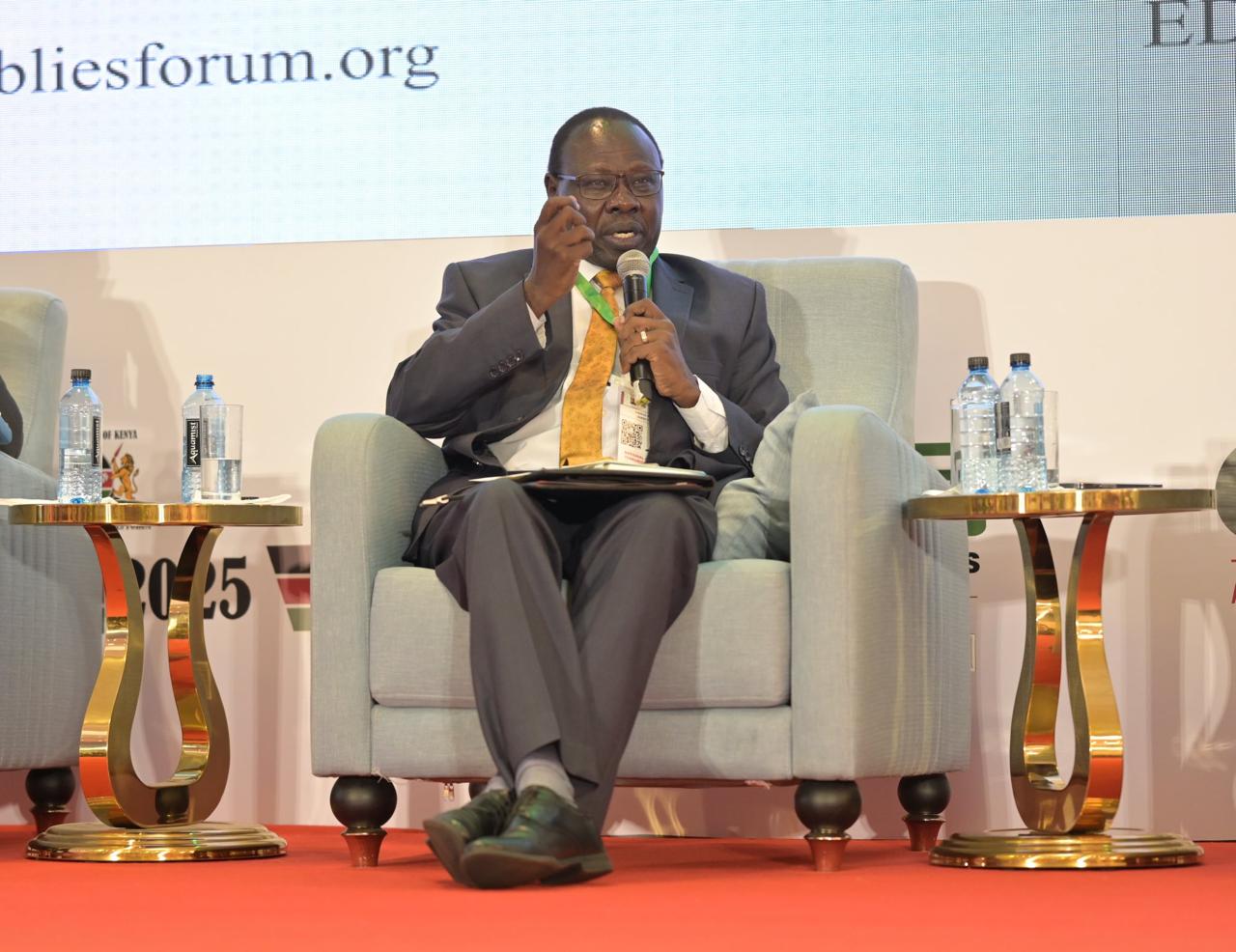

Witnessing Kenyans cheering on
their national teams at various sports events is always an amazing sight to
behold.
An inimitable item that stands out
is the Kenyan bracelet, a peculiar feature that has been adopted and accepted
as a symbol of patriotism.
This accessory is not only a bold
fashion statement but also an icon that externally lays bare our Kenyan
heritage.
It is the easiest
way to identify a Kenyan outside the country.
If the bracelet could speak, it would embody all the values enshrined in Article 10(2) of our
constitution.
These values are the traits of a
true patriot; their violation should be considered sacrilegious, and as
Kenyans, we should imprint them in our hearts.
The question that begs to be asked is whether patriotism is learned or is one naturally born with it?
There was a time in the past when
the hoisting and lowering of the national flag at 6am and 6 pm, respectively, would be characterised by citizens standing still until the process was
completed before they went about their business.
This was almost an automatic
expression that was so easy; a cursory glance around, and it seems to be an
attribute that is slowly disappearing.
There is hope yet for Kenya’s most
effective and deadliest weapon against threats to our democracy.
I consider patriotism the most
potent antithesis to the threat of violent extremism. And that is why we should
make considerable investments in it.
The best place to make this
investment and ensure Kenya has a peaceful future is in learning institutions
at all levels.
The National Counter Terrorism
Centre (NCTC), in its quest to execute its mandate of ensuring a ‘peaceful,
secure, and coherent Kenya,’ is working with the Ministry of Education to
ensure that learners at the fundamental level of education are equipped with worldviews
to stand up against violent extremism.
We seek to achieve this through the
Child Safety and Security Against Violent Extremism (CSSAVE) protocol, which
aims to engage teachers as beacons who can address issues that affect learners
at risk of radicalisation and recruitment into violent extremism.
This policy protocol, co-created
with the Ministry of Education, will ensure that learners are protected against attempts by those who do not have the best interests of our country at heart.
The protocol will act as a safety
net against elements that pose a significant risk to the security of learners
in a learning environment.
I hope that the guidelines
will be implemented effectively and adopted by stakeholders with an interest in
education, setting us on a path to address VE through education and ultimately
nurturing learners who are patriotic and value Kenya.
We need to guard our country jealously, despite our differences.
Our love for our country, Kenya, should supersede our differences, as it will enable us to collectively address threats to our sovereignty, such as violent extremism, by instilling a sense of patriotism in the next generation.
May the real patriots stand up; Kenya
ni nchi yetu, tuwe tayari kuilinda.
Kibiego Kigen is the Director of The National Counter Terrorism Centre (NCTC).
















